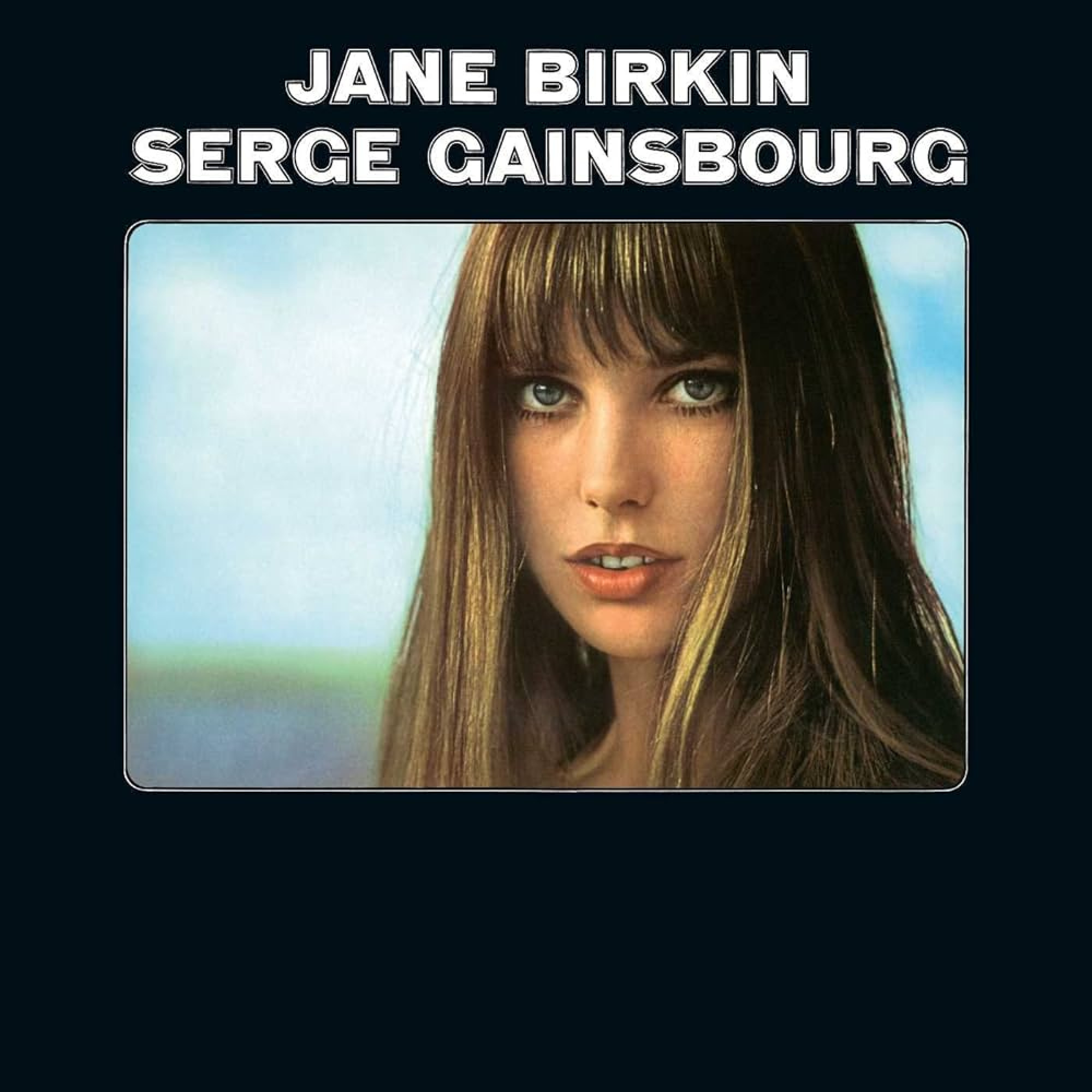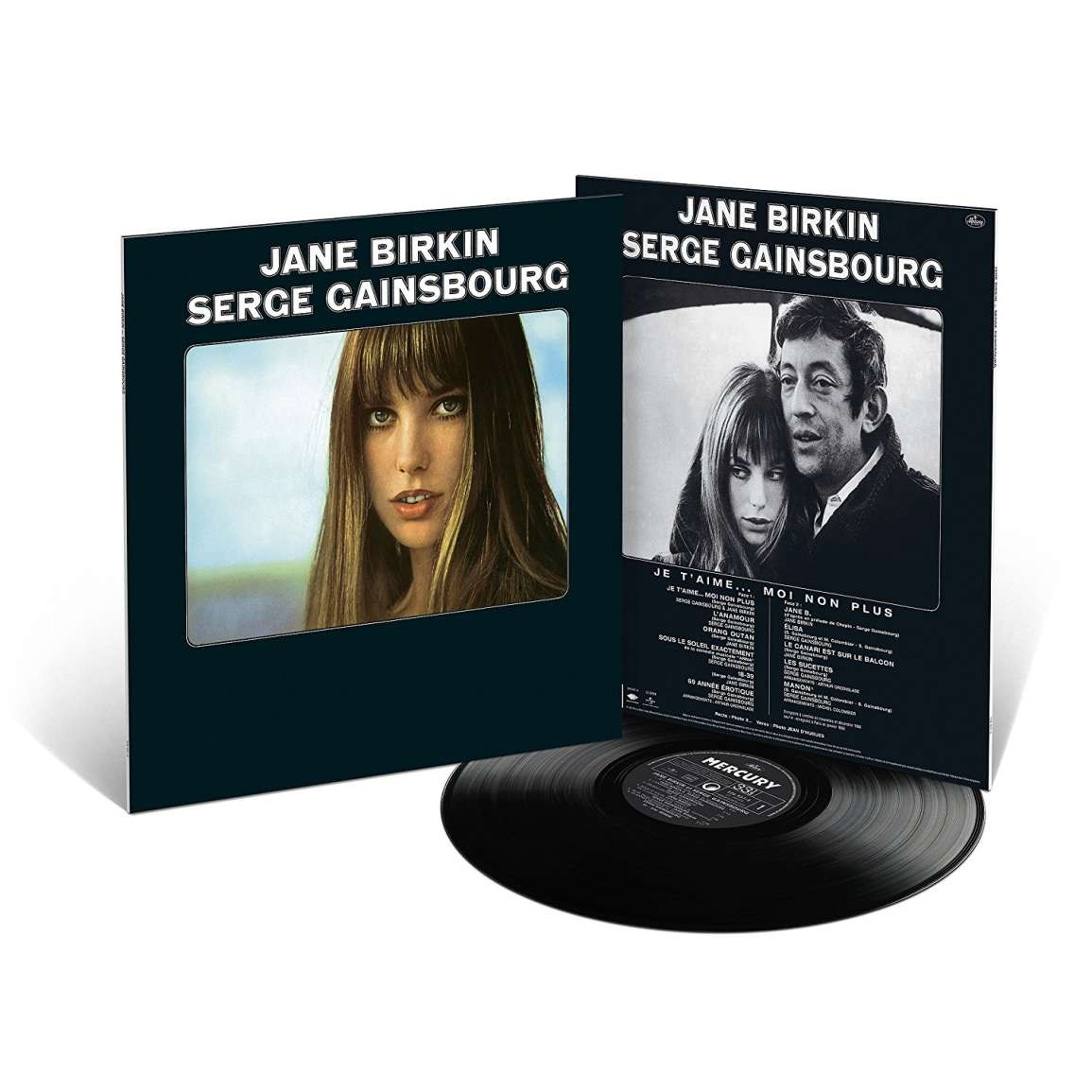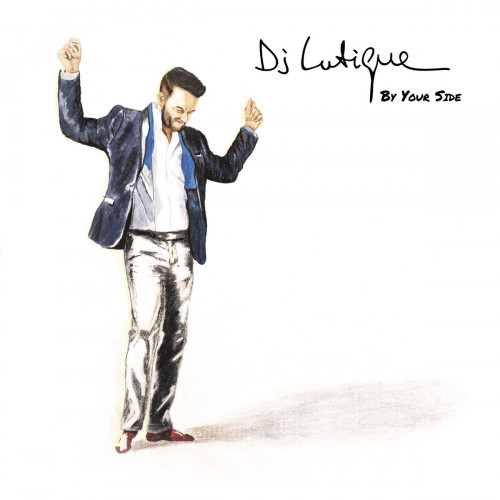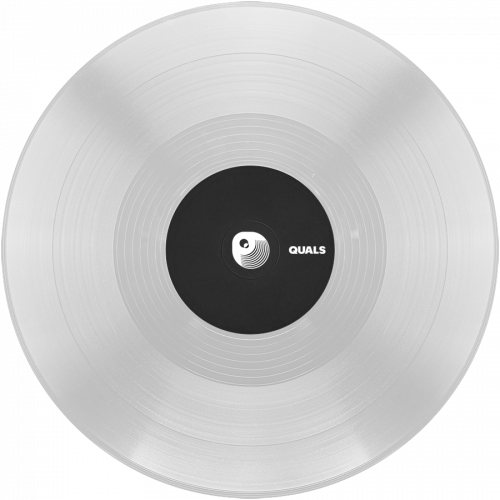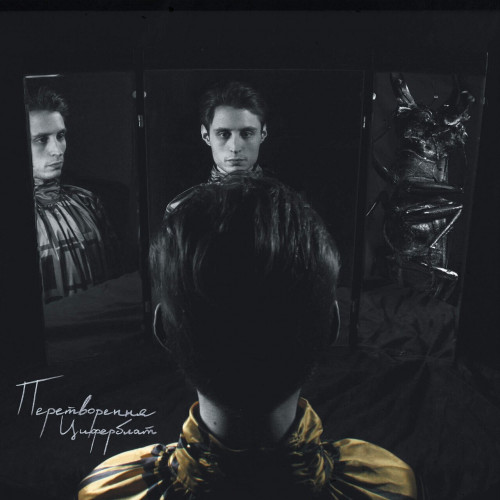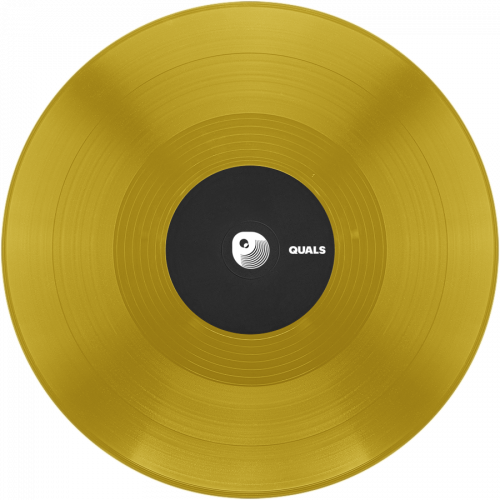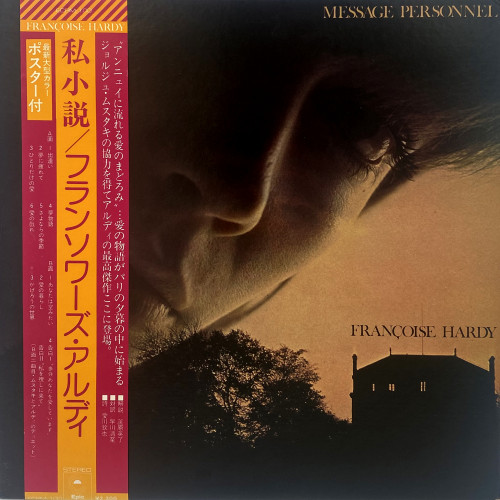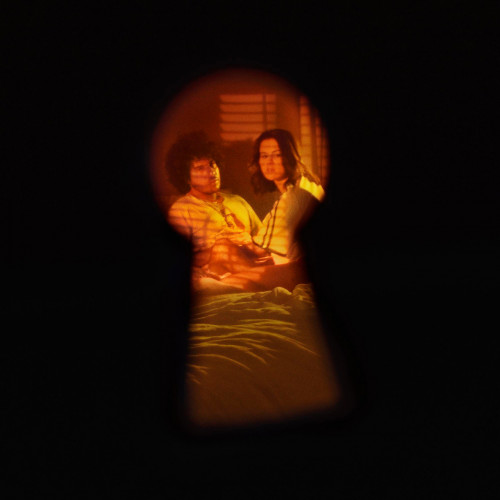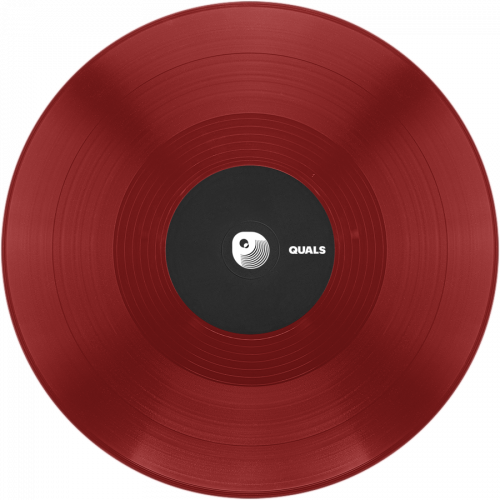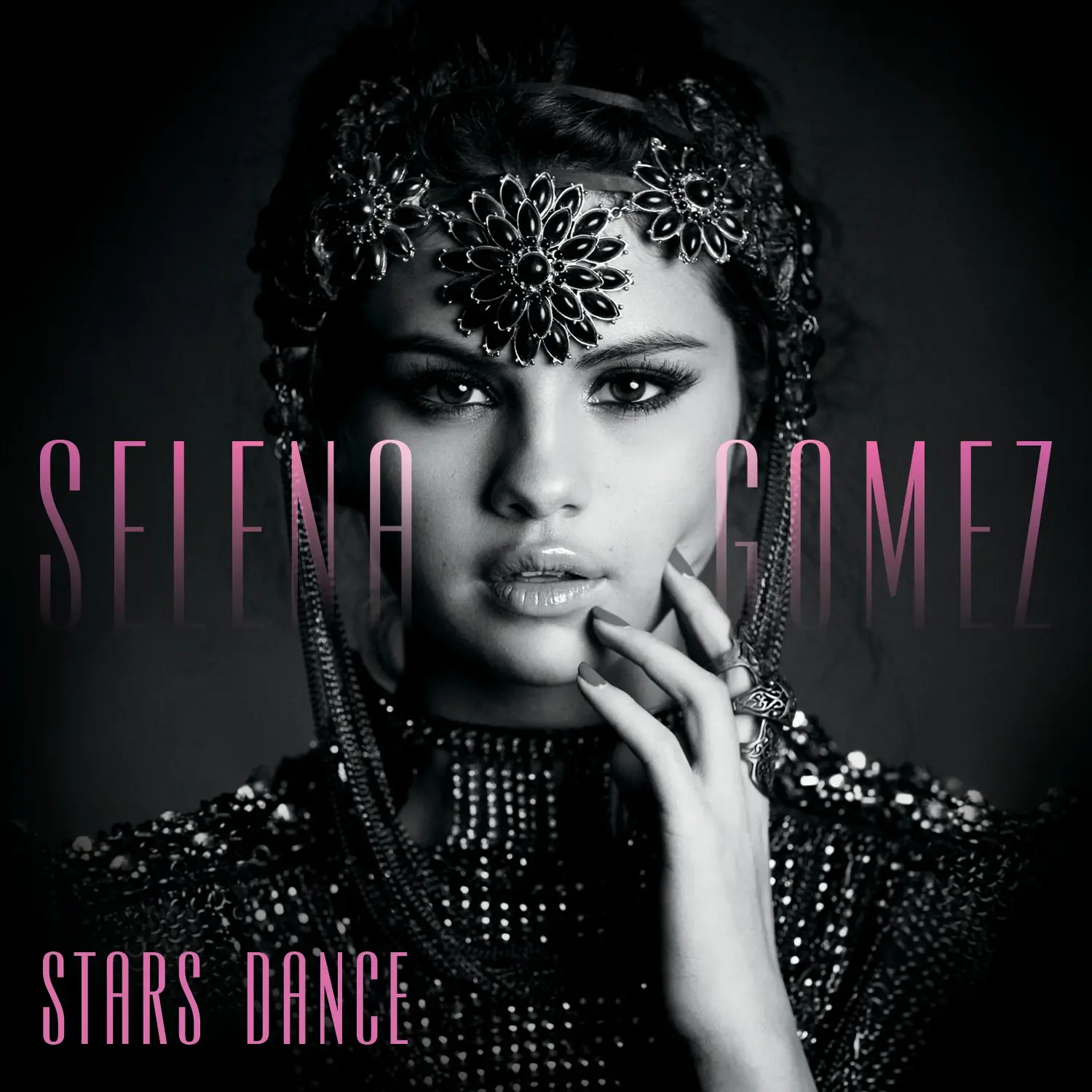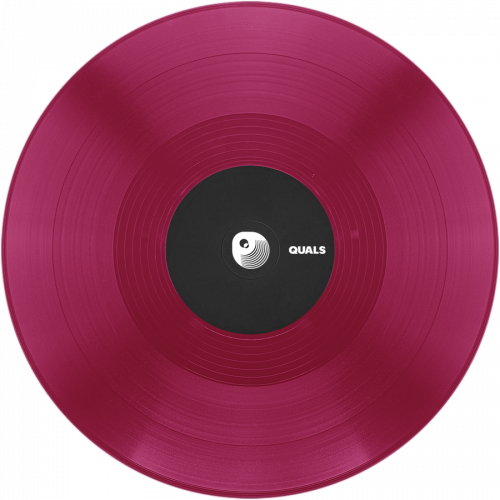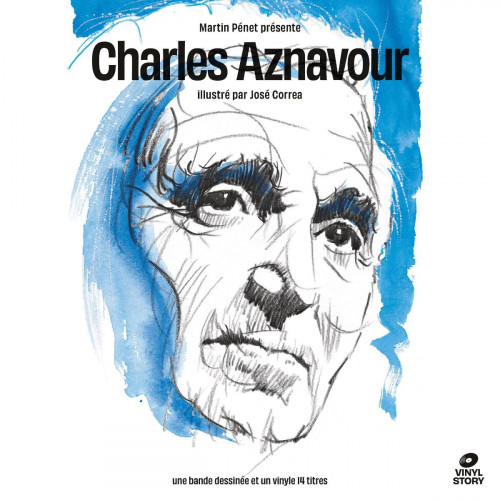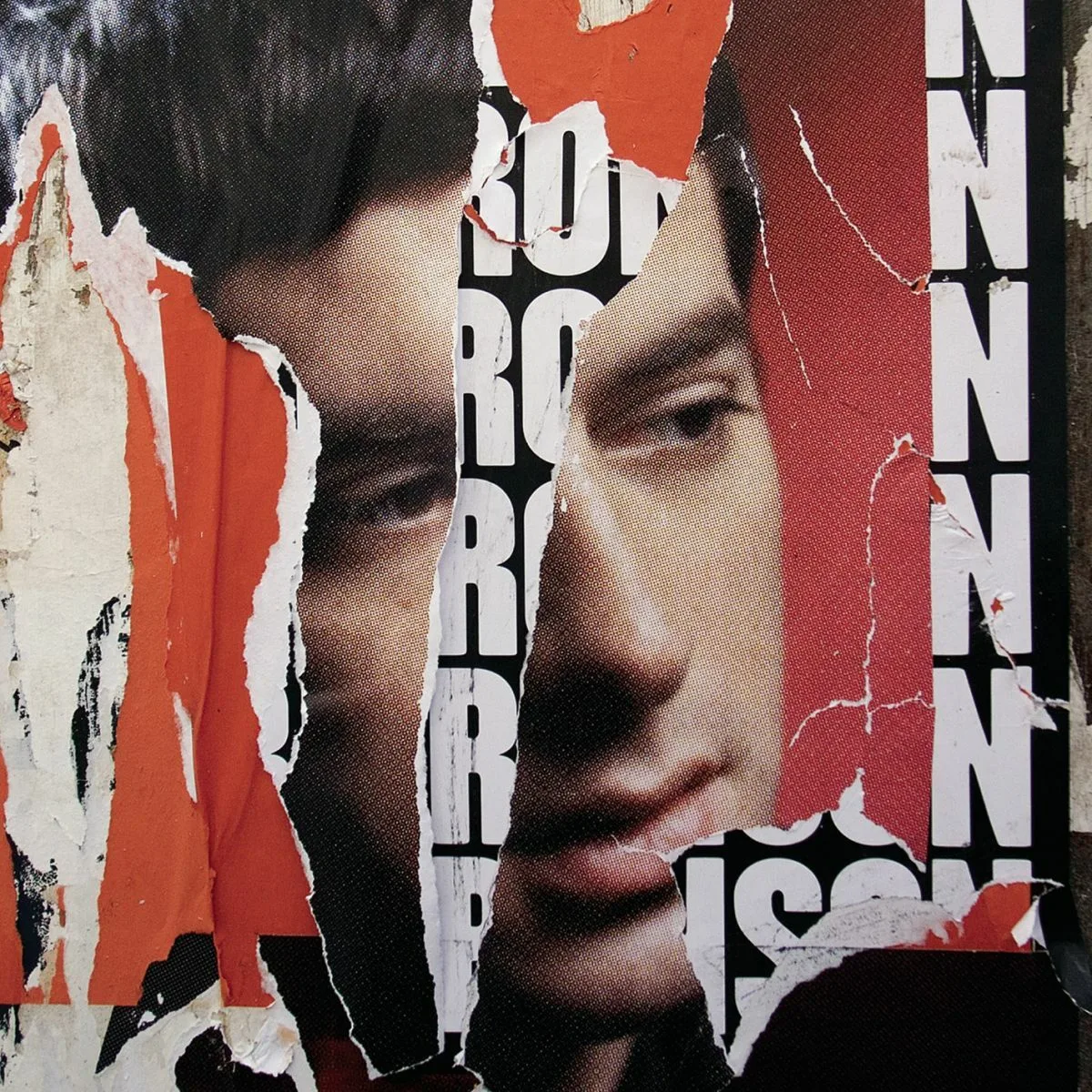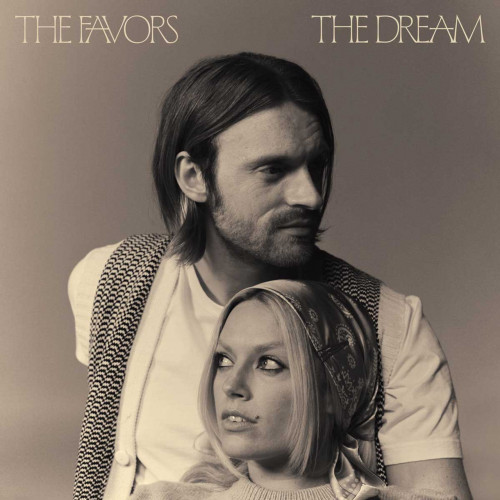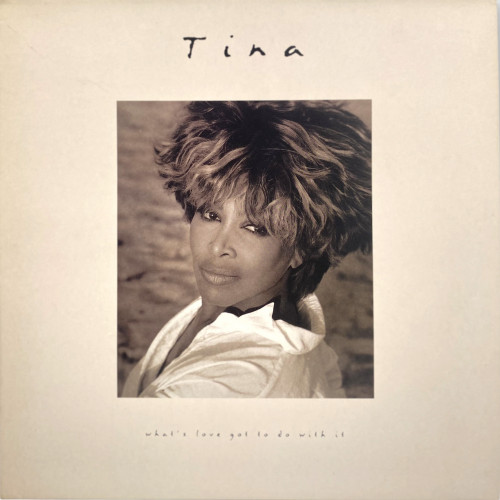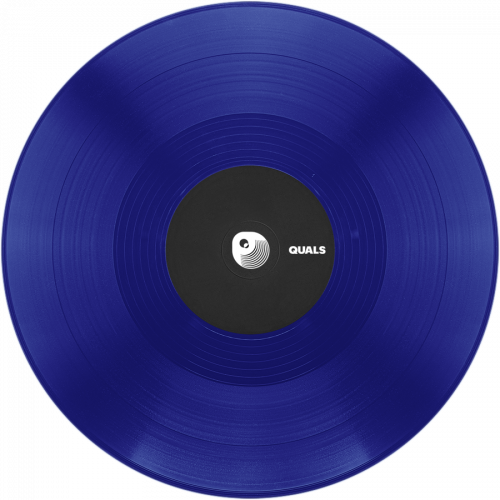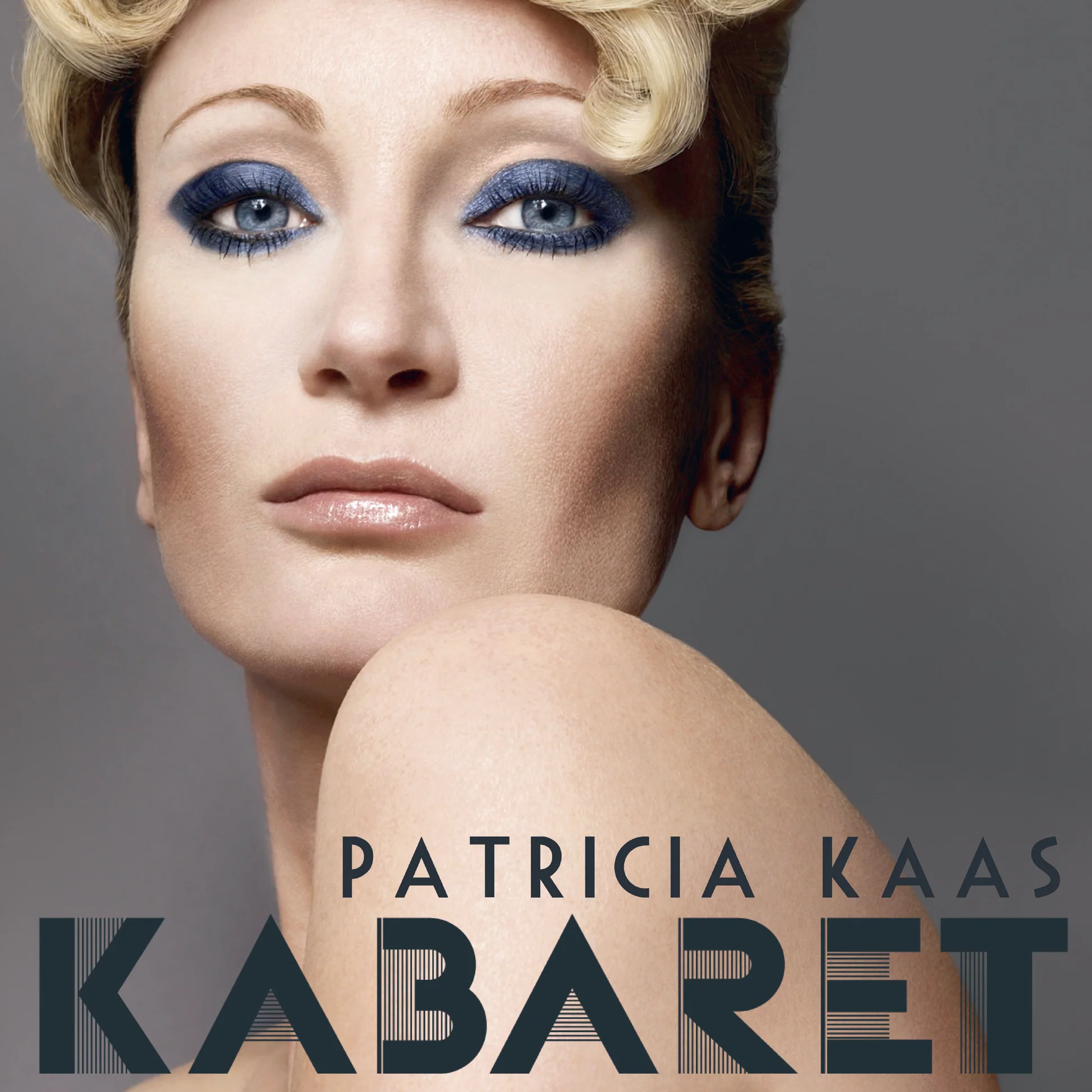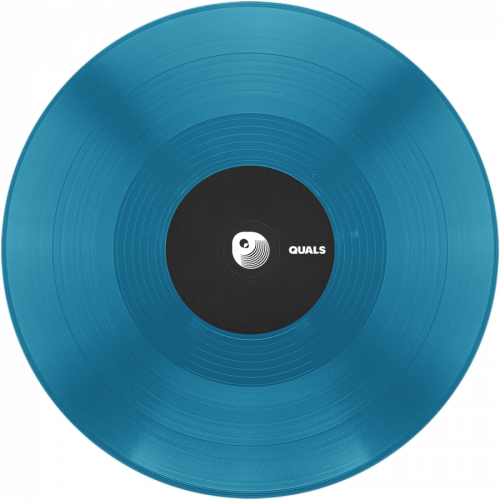"Thing is, we like to think of the 60s as a liberated time, when hippies convinced people that sex was okay, but it's not true. For most of the people still running things, this song was too much. Hell, I wonder what would happen if it came out today. Of course, "Je T'aime" was just one song from the album, and it gets the most ink for a reason, but there's plenty of other amazing stuff here, not least of which is "69 Année Érotique" ("69 Erotic Year"). Yeah, the title is a cheap pun, which is a classic Gainsbourg move, but the shuddering piano and snapping bass provide deep atmosphere for his sing-speak, and while we're at it, Arthur Greenslade deserves major credit for the opulent and moody arrangements on this record. The combination of Gainsbourg and Greenslade is nearly as sharp as Gainsbourg's collaboration with Jean-Claude Vannier two years later on his masterpiece, Histoire de Melody Nelson.
Outside its two most iconic tracks, the record swerves all over the place, much like Gainsbourg's output on the whole, careening through old-fashioned orchestral chanson on "Elisa", blasting through a wild tack piano-led can-can that carries echoes of Gainsbourg's childhood as a Jew in Nazi-occupied France in its morbid lyrics, and brooding hatefully under an oppressive orchestra on "Manon". Gainsbourg's love of controversy finds him singing his own version of "Les Sucettes", a song he'd written for a teenaged France Gall a few years earlier-- the double entendre centered around the pleasure of sucking a lollipop derailed Gall's career for a few years, but here's Gainsbourg, switching the song from first to third person and piling on the sleaze by blanketing the whole thing with wah-wah guitar.
For some listeners - certainly for many who bought "Je T'aime" on 45 back in 1969-- Gainsbourg's filthiness is a source of novelty, but that seems to miss the point, albeit rather harmlessly. To my mind, there are a few reasons his dirty-minded music has aged so well. The sound of it and the eclecticism of it certainly count, but more important is the casual authority with which he approached his subject matter, refusing to treat any of it, from sex to death, as taboo. "Je T'aime" is so convincing that rumors spread that the couple had actually recorded it in flagrante delicto, which naturally only made it more popular. Plenty of people had no doubt considered making such a song for mass consumption; Gainsbourg went ahead and did it. He and Birkin remained together, through a fair amount of tumult, until 1980 - the one album that bore both their names on the spine still sounds fresh and surprising today."
- Joe Tangari - pitchfork.com
